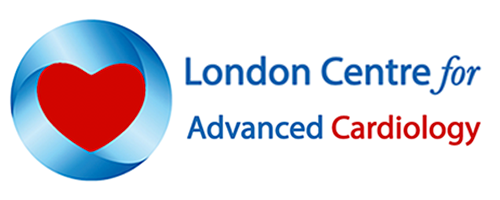 If you have a family history of a heart or circulatory disease you’re at higher risk of developing conditions like coronary heart disease and having a heart attack or stroke.
If you have a family history of a heart or circulatory disease you’re at higher risk of developing conditions like coronary heart disease and having a heart attack or stroke.
What is a family history?
A family history of a disease or condition is another way of saying that it runs in the family. In some cases, having a family history of a condition can increase your risk of developing that disease.
How do I know if I have a family history of a heart or circulatory disease?
You can work out whether you have a family history or are at high risk of developing a heart or circulatory condition by looking at two things:
- Which member(s) of your family has been diagnosed with a heart or circulatory disease, such as a heart attack or stroke.
- Their age when they were diagnosed.
You have what’s called a strong family history if:
- your father or brother was under the age of 55 when they were diagnosed or
- your mother or sister was under the age of 65 when they were diagnosed.
Why does a family history increase my risk?
Your body is made up of trillions of cells. Each cell has a nucleus, which contains information that makes you unique. This information is your genes. We each have between 20,000 and 25,000 different genes.
Genes affect how we look and how our bodies work, and we inherit them from our parents. Genes can pass on high risk conditions such as high blood pressure and high cholesterol levels. These conditions can increase your risk of developing heart or circulatory diseases. There’s no single gene that increases your risk – it’s likely that several genes play a part.
What’s the difference between family history and inherited conditions?
Inherited conditions are caused by a fault (or mutation) in one or more of your genes. If one of your parents has a faulty gene, there’s a 50:50 chance you will inherit it. The most common inherited conditions are cardiomyopathies (heart muscle diseases), channelopathies (inherited life threatening heart rhythms), and familial hypercholesterolaemia (very high cholesterol levels).
Family history is more complex as it can be the combination of shared genes and shared environments passed down from one generation to the next, that increase the risk of developing a disease rather than a single faulty gene. Research funded by the BHF is looking for ways to combat this increased risk passed down through families.
What should I do if I have a family history?
If someone in your family has had a heart attack or stroke, tell your GP or practice nurse. They can check if your blood pressure and cholesterol levels are high – these conditions may increase your risk but usually have no symptoms.
Unfortunately you can’t do anything about your family history, but you can reduce your risk of developing heart and circulatory diseases such as heart attack and stroke by:
- not smoking
- being physically active
- eating a healthy balanced diet
- keeping to a healthy weight and body shape
- managing high blood pressure
- managing high cholesterol, and
- managing diabetes.
Check out our healthy living pages for more help with lifestyle changes you can make to reduce your risk of heart and circulatory diseases.
